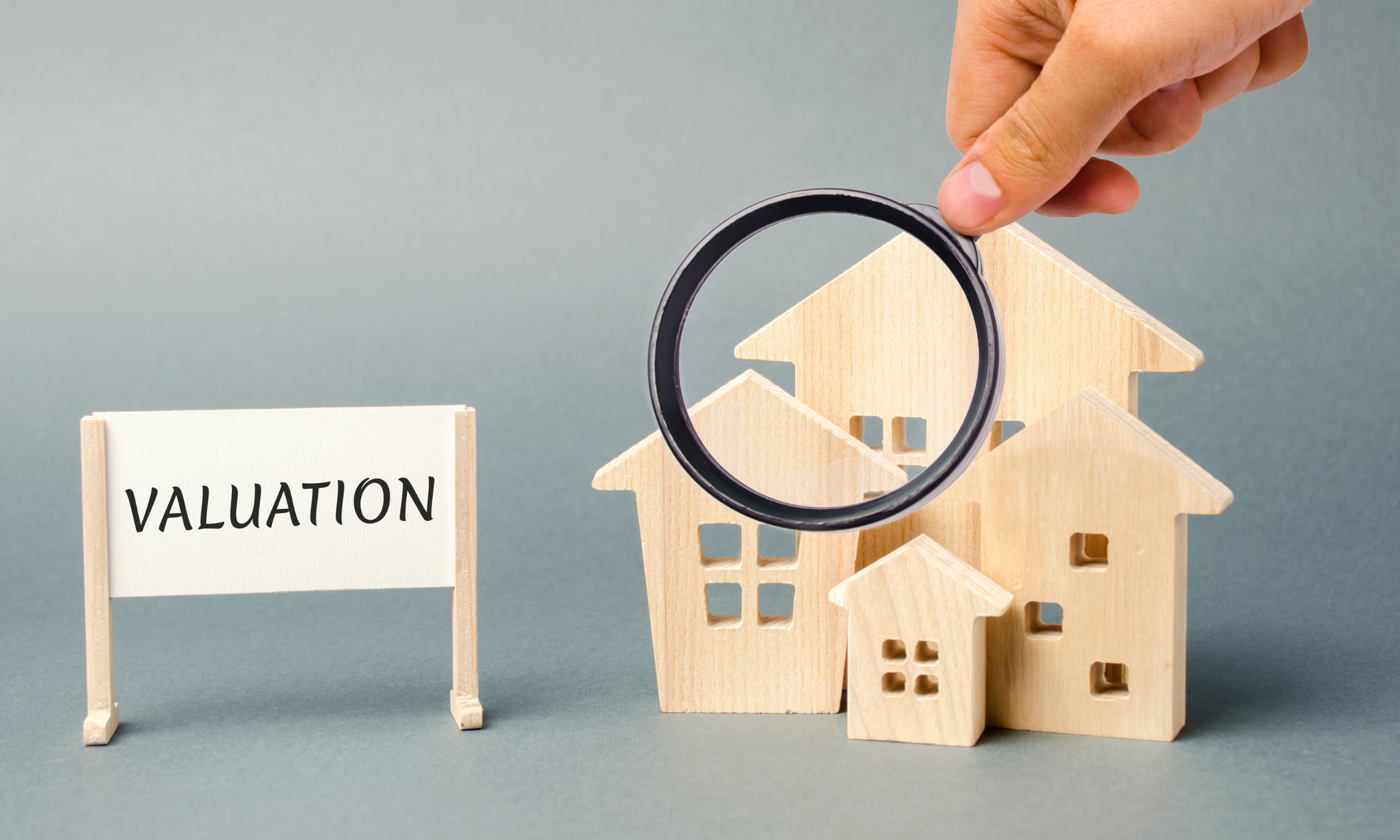
When selling a house, pricing your home correctly is crucial for success in selling your home. Setting a price that’s too high can make your home difficult to sell, while a price that’s too low can lead to significant profit loss. Here are the essential steps to determine the price of your home:
Market Analysis
First and foremost, to determine your home’s price, you need to grasp the real estate market conditions. Consult with a reliable real estate agent for a comprehensive market analysis in your area, comparing factors such as size, the number of bedrooms, location, and surrounding amenities. This assessment will give you a clearer view of your home’s true value.
Learn from other sellers’ mistakes
An essential part of the pricing process is learning from other sellers’ experiences. Talk to friends or family members who have sold homes, or participate in online real estate forums to learn from their pricing and selling strategies. This will help you avoid similar errors and optimize your selling price.
Price with Psychological Numbers
When pricing your home, use psychological pricing. For instance, ending a price with the number 9 often creates a positive impression on buyers, making them feel like they are getting a better deal, even if the actual price difference is negligible. Understanding the psychology of buyers can help you optimize your selling price.
Leave Room for Negotiation
Leave room to negotiation in your pricing but avoid setting it too high. No seller wants to lose money, and no buyer wants to overpay. setting a fair price gives both parties room to negotiate.
Consider the buyer’s perspective
Lastly, try to consider the buyer’s perspective. Consider the factors you would care about when purchasing a home, such as location, size, amenities, and price. If you wouldn’t buy your home at the price you are proposing, potential buyers are likely to feel the same way. This approach helps you better understand how to set an attractive selling price.
During the home pricing process, take your time. Rely on market information, learn from others’ experiences, and always consider the buyer’s perspective to ensure that you set a fair and competitive price for your home.




